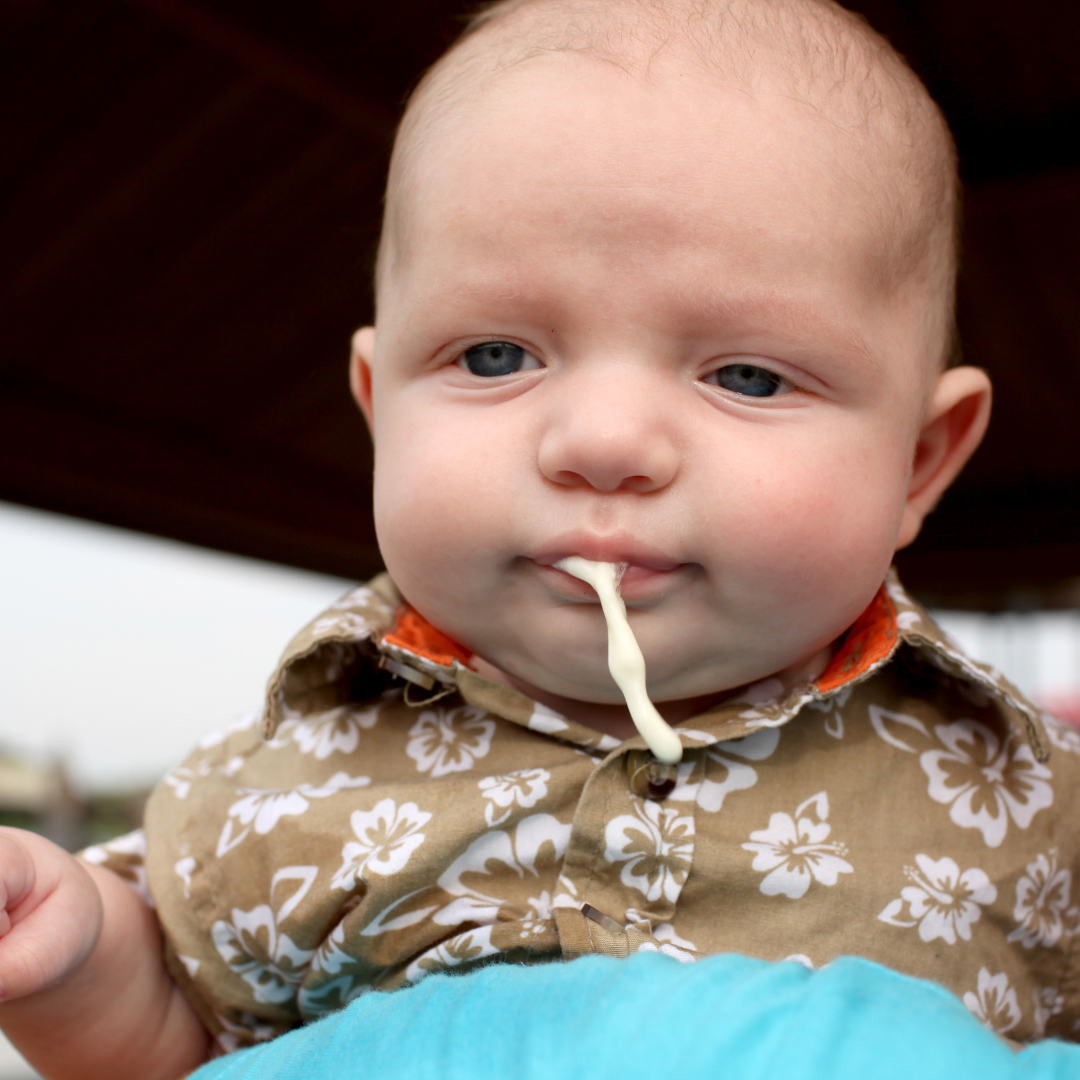As a new parent, you may be concerned about your baby spitting up mucus. It's not uncommon for babies to spit up or regurgitate small amounts of milk or mucus during or after feeding. However, excessive or persistent spitting up could be a sign of an underlying health issue that requires medical attention.
Here's everything you need to know about mucus spit up in baby.
What is Mucus Spit Up in Babies?
Mucus spit up is when a baby spits up small amounts of mucus or phlegm along with milk or formula. Mucus is a thick, slimy substance that lines the respiratory and digestive tracts. It's produced by the body as a protective measure to trap harmful particles and prevent infections.
When a baby produces too much mucus, it can accumulate in the back of the throat, making it difficult to swallow or breathe. This can cause discomfort and lead to spitting up.
What Causes Mucus Spit Up in Babies?
There are several factors that can contribute to mucus spit up in babies, including:
-
Respiratory infections: Babies are more prone to respiratory infections like colds, flu, and bronchitis, which can cause excessive mucus production.
-
Allergies: Some babies may be allergic to certain foods or environmental triggers like dust, pollen, or pet dander, which can cause mucus production.
-
Acid reflux: Acid reflux is a common condition in infants where stomach acid flows back up into the esophagus, causing discomfort and spitting up.
-
Teething: Teething can cause excessive drooling, which can lead to mucus production and spitting up.
-
Swallowing air: Babies may swallow air during feeding, which can cause excess gas and spitting up.
When Should You Be Concerned?
In most cases, mucus spit up in babies is normal and resolves on its own within a few weeks. However, if your baby is spitting up frequently or in large amounts, it's important to talk to your pediatrician. They may recommend further evaluation to rule out any underlying health issues.
Here are some signs to watch for:
- Poor weight gain or weight loss
- Blood or bile in spit-up
- Difficulty breathing or wheezing
- Persistent coughing or gagging
- Refusal to feed or excessive crying after feeding
- Irritability or lethargy
What Can You Do to Help?
If your baby is spitting up mucus, there are several things you can do to help, including:
- Hold your baby upright during feeding and for at least 30 minutes afterward
- Burp your baby frequently during feeding
- Avoid overfeeding your baby
- Keep your baby's head elevated while sleeping
- Use a humidifier to keep the air moist
- Avoid exposing your baby to secondhand smoke or other irritants
- Consult with your pediatrician before trying any medications or home remedies.
Conclusion
Mucus spit up is a common occurrence in babies and is usually not a cause for concern. However, if your baby is spitting up excessively or showing other signs of discomfort, it's important to talk to your pediatrician. They can help determine the underlying cause and recommend appropriate treatment to help your baby feel better.


